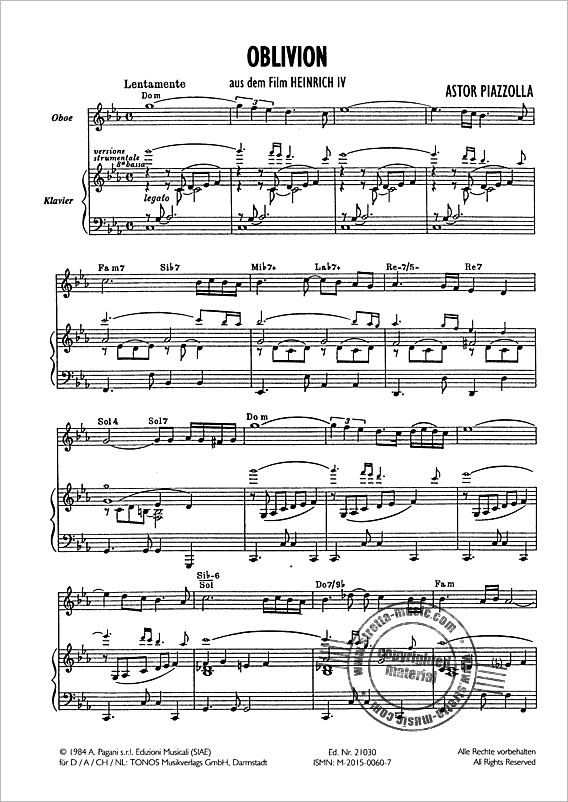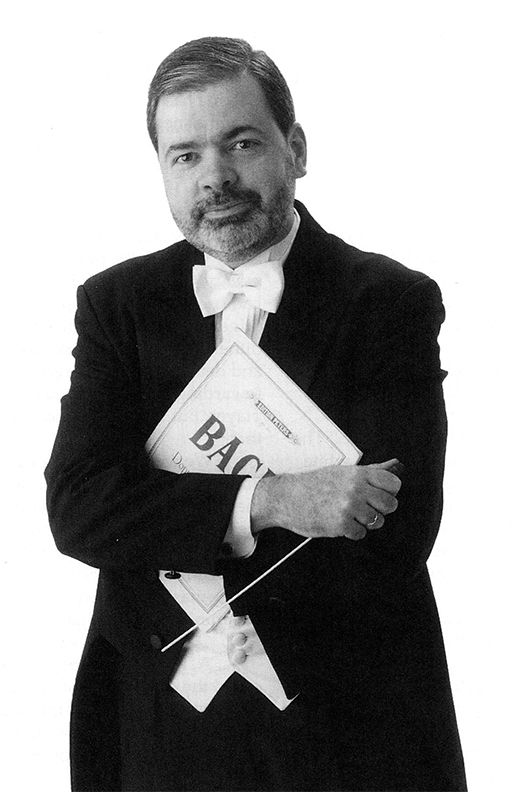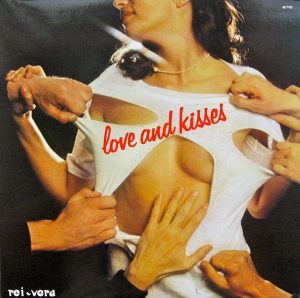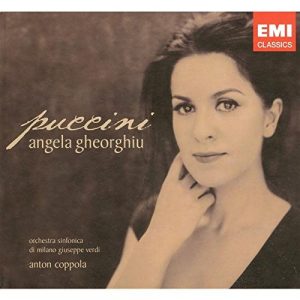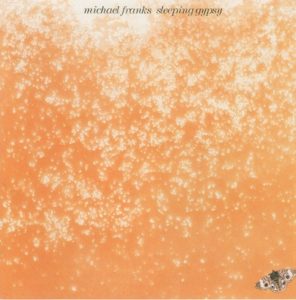I think that the assertion that the Nobel Prize in Literature is essentially silly (and therefore, we are fools for taking it seriously) has something to be said for it. (Those happen to be the positions of the British novelist and translator Tim Parks.)
Not one of: James Joyce, Tolstoy, Ibsen, Henry James, Robert Graves, Graham Greene, Mark Twain, Nabokov and Chekhov made the cut. But strange omissions compete with strange awardings—John Steinbeck "got the gong" (a slang term for a large medallion), yet James Joyce did not? Furthermore, the requirement that a candidate must be alive to receive the prize meant that late-blooming (or posthumously published) authors such as Kafka, Proust, Calvino, and Mandelstam could not even be considered.
Still and all, there are a few unimpeachable selections (Bob Dylan, in my opinion, is most definitely not among them).
In my opinion, Yeats, T.S. Eliot, Solzhenitsyn, Faulkner, and Hermann Hesse all deserved the money and the medal. I even think that Sigrid Undset (who?) was a deserving recipient. Undset's massive (1400 pages) Medieval trilogy Kristin Lavransdatter should be much better known. I am tempted to say that if you loved The Lord of the Rings, you should try Kristin Lavransdatter. (In the period when she was "working up to" Kristin Lavransdatter, Undset had published a Norwegian translation of the Arthurian legends.)
For what all this has to do with Gidon Kremer and Astor Piazzolla, please see below.
In 1934, The Gong, oops, I mean the Nobel Prize in Literature, went to Luigi Pirandello. Pirandello I think was another Nobel nod whose award came with a "Best If Used By" date. (Aided in some part by his protracted flirtation with Fascism; but I will save for another posting my meditation on the Siren's Song that Fascism sings to a certain kind of aesthete such as Ezra Pound, or Pirandello.)
Pirandello's fixation was on the evanescent nature of reality. Or, perhaps his fixation was on the illusory nature of personality. Or, perhaps… . (By now, you might get what I am driving at. And: Yes, that right there was a parody. Or perhaps, an omaggio.)
Pirandello's career-defining work Six Characters in Search of an Author (1921), must have fallen like a thunderclap at the time, but now…those Theater of the Absurd ideas are parts of the modern mindscape. That said, Pirandello was in some sense Artistic Godfather to Albert Camus, Samuel Beckett, and Harold Pinter. Nobel laureates all. (And of those, only Pinter has ever made me laugh out loud.)
Pirandello's dark comedy Enrico IV (Henry IV) premièred in 1922. An un-named Italian nobleman playing the part of Holy Roman Emperor Henry IV (fl. circa AD 1056) during Carnival festivities falls off his horse. When the un-named Italian nobleman comes to, he appears to believe himself in fact to be Henry IV. For the next twenty years, family members and hangers-on maintain an elaborate charade. ("Canny peasants trying to outwit rich nobles over money" has been a staple plot of Italian literature, drama, and opera, e.g. Gianni Schicchi, for centuries.) But by the end of the play, one could be forgiven for concluding that it has been the un-named nobleman who has been fooling them.
I would not be writing this (and you would not be reading this) except for the facts that Italian director Marco Bellocchio cast and directed Marcello Mastroianni and Claudia Cardinale in a film version of Enrico IV that was released in 1984, and that Bellocchio was prescient enough to ask Astor Piazzolla to score the film. Piazzolla's Enrico IV score is now mostly remembered for what I think of as the lead character's "melt-down music," which Piazzolla called "Oblivion."
I can almost forgive Gidon Kremer for the sophomoric pun in the name of his youth-orchestra chamber-music group. ("Kremerata" rather than "Camerata.")
Kremer has always had my utmost respect as a violinist. In the Fritz Kreisler Brahms Concerto first-movement cadenza, Kremer's handling of the rising scales with double-stop triplet ornaments above, in his 1976 von Karajan/Berlin Philharmonic recording, has always set the height of the bar as far as cleanliness and speed go. (On this audio-only YouTube, the passages I mention begin at 18 minutes 22 seconds; the following double-stopped tremolos are not to be sneezed at, either.)
But I always got the idea that a conventional solo career was not Kremer's ideal. (There was a time I concluded that he would be happier as a film critic living in France. Perhaps that was just a stage… .)
In 1999 Kremer founded his youth chamber orchestra. The above YouTube clip is from Salzburg in 2002. I don't think that the atmospheric effects in the intro and outro are necessary, simply because Piazzolla's tango melody is so poignantly powerful.




